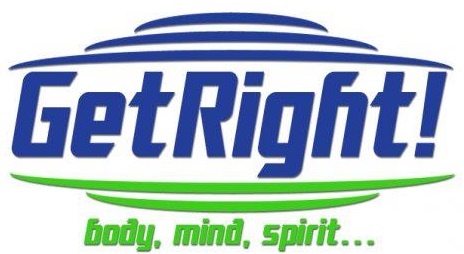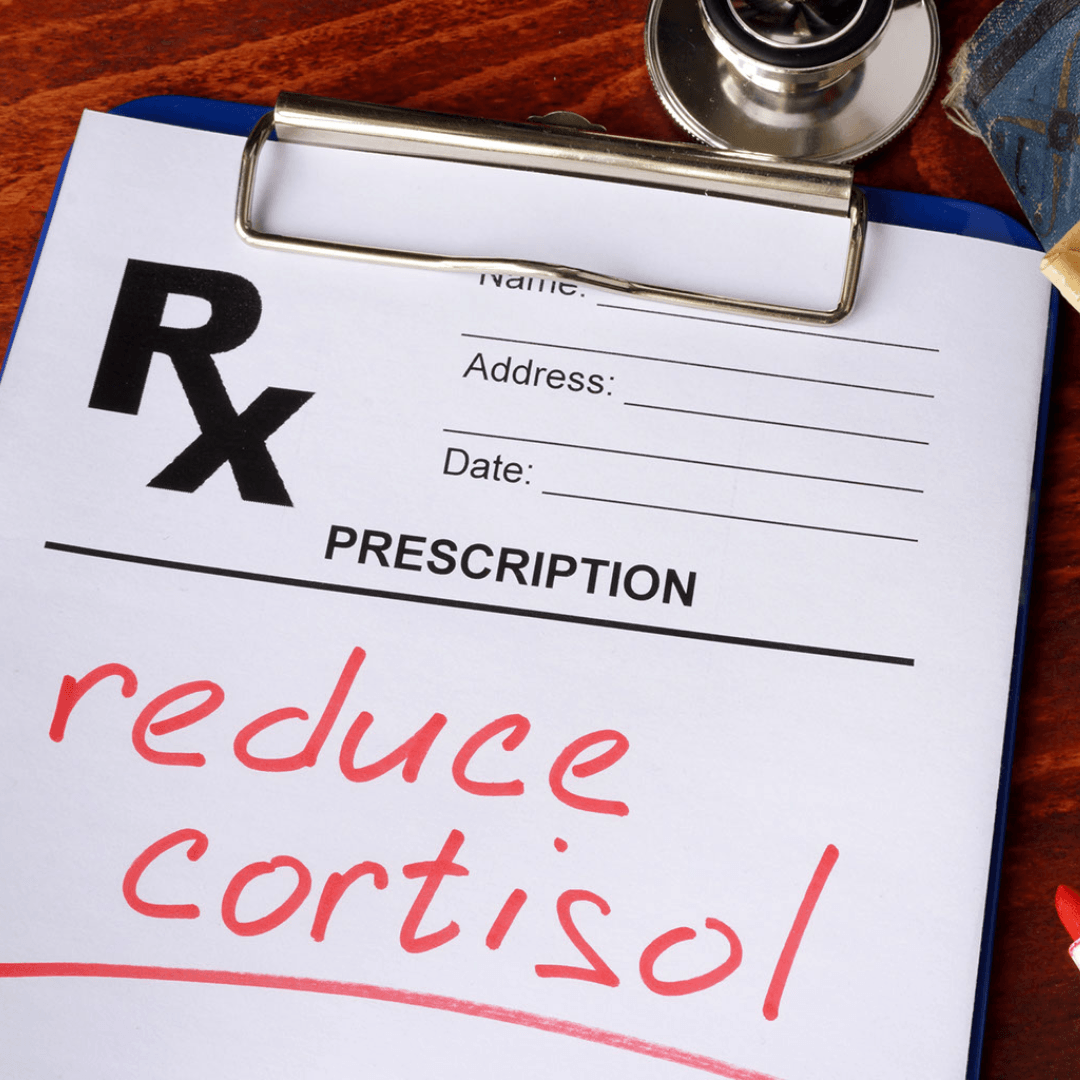When it comes to losing weight, getting in better shape, and becoming the best version of yourself, many factors come into play. You might have heard about the importance of proper nutrition, regular exercise, and adequate rest, but what about the role of hormones? One hormone, in particular, can have a significant impact on your fitness journey: cortisol. Commonly known as the “stress hormone,” cortisol can be a goal killer when it comes to achieving your health objectives.
Understanding Cortisol
Before delving into how cortisol can thwart your weight loss and fitness goals, let’s first understand what cortisol is. Cortisol is a hormone produced by the adrenal glands, and it plays various essential roles in your body. It helps regulate blood sugar levels, metabolism, inflammation, and even your body’s response to stress. In small amounts, cortisol is beneficial and essential for your overall health. However, when cortisol levels remain high consistently, it can have multiple adverse effects on your body.
How Cortisol Can Hinder Your Goals
So, how exactly does cortisol affect your fitness goals? Let’s uncover a few ways this sneaky hormone can derail your progress.
1. Impaired Weight Loss
When you’re perpetually stressed, your body produces more cortisol, which can lead to increased appetite and cravings for sugary, fatty foods. Furthermore, elevated cortisol levels can cause your body to store more visceral fat. Visceral fat, the fat surrounding your organs, is particularly unhealthy and linked to various health issues such as heart disease, hypertension, and type 2 diabetes. This combination can make weight loss much more difficult, despite your best efforts to control your diet and exercise regularly.
2. Diminished Exercise Performance
Cortisol can also hinder your performance during workouts. Increased cortisol levels can lead to muscle breakdown, fatigue, and decreased immune function. This means you’ll be less likely to push yourself during your training sessions, ultimately stalling your progress.
3. Reduced Recovery and Muscle Growth
Adequate muscle recovery is crucial when working on becoming the best version of yourself. Unfortunately, high cortisol levels can interfere with this process. Cortisol can suppress protein synthesis, inhibiting your muscles’ ability to repair and grow after a workout. Subsequently, this can slow down your overall progress and make it harder to achieve your fitness goals.
Managing Cortisol for Better Results
Now that you understand how cortisol can impede your goals, the question becomes, what can you do about it? Here are a few strategies to help manage your cortisol levels and get back on track to achieving your fitness goals:
- Manage stress: Engage in stress-reducing activities such as yoga, meditation, mindfulness practices, or deep breathing exercises.
- Prioritize Sleep: Aim for 7-9 hours of quality sleep each night. Sleep is vital for proper hormone regulation and overall health.
- Eat a Balanced Diet: Consume a diet rich in whole foods, lean proteins, healthy fats, and complex carbohydrates to help regulate cortisol levels.
- Exercise Regularly: Engage in regular physical activity, including a mix of cardio, strength training, and flexibility exercises. However, don’t overtrain, as this can increase cortisol levels.
In conclusion, cortisol can be a silent goal killer when it comes to weight loss, getting in better shape, and becoming the best version of yourself. Understanding what cortisol is it makes it easier to learn how to control it and keep it from killing your goals.






